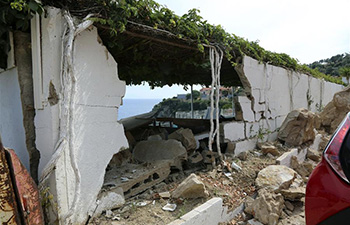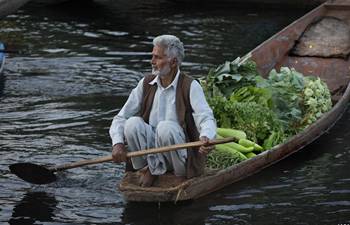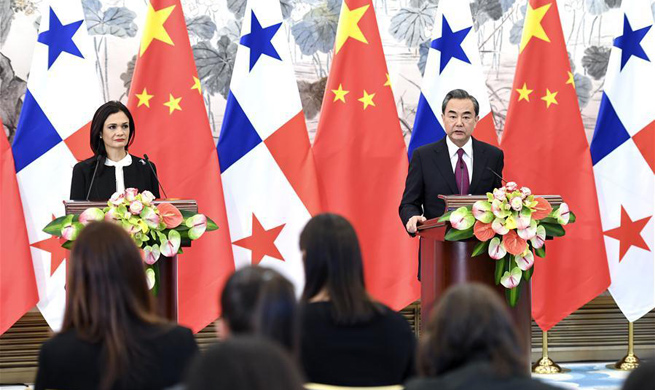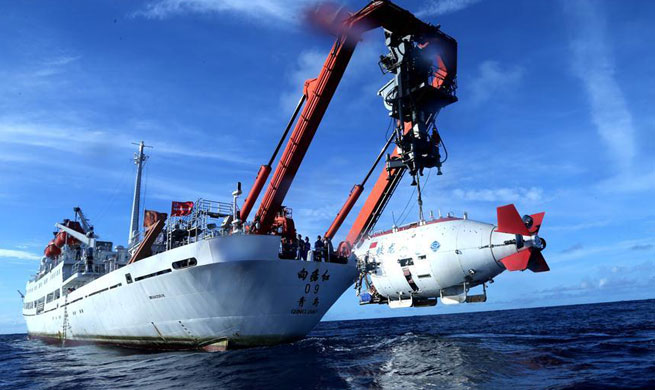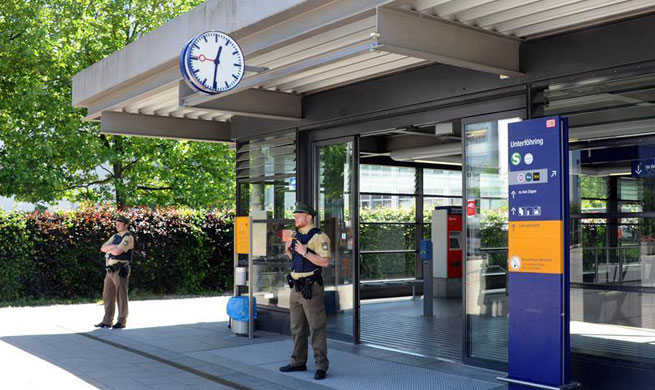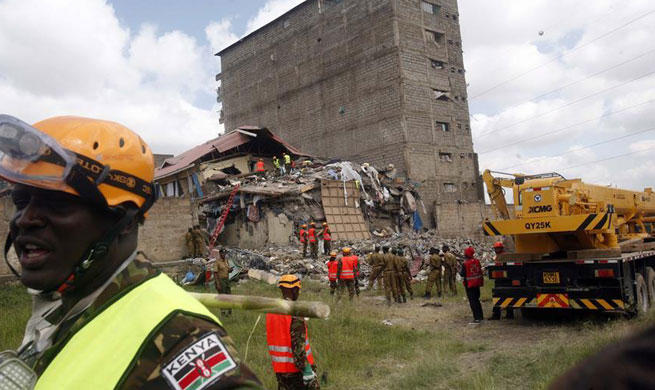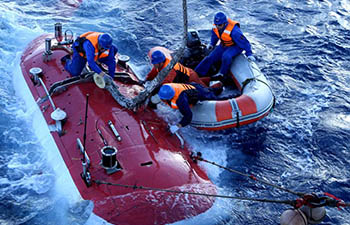NAIROBI, June 13 (Xinhua) -- The Greater Horn of Africa region is on the verge of a new and prolonged humanitarian crisis as acute shortage of food and water threatens survival of local communities, UN officials warned on Tuesday.
Ahmed Meraikhi, the UN Secretary General's Humanitarian Envoy, told journalists in Nairobi the Horn of Africa region is experiencing unprecedented levels of food insecurity linked to conflicts and climatic shocks.
"Humanitarian needs in the Greater Horn of Africa region are growing and outpacing the capacity of donors to respond," Meraikhi remarked, adding that an estimated 26.5 million people are grappling with food insecurity in east, central and horn of Africa
The Qatari national had earlier led a high powered team on a five day visit to Ethiopia, Somali and Kenya to assess the unfolding humanitarian crisis triggered by a prolonged drought.
Meraikhi disclosed that an estimated 13.4 million people in the three countries are already staring at hunger, water scarcity and communicable diseases occasioned by extreme weather events.
"More than seven million people in Somalia are affected by drought while 9.2 million requires urgent access to safe drinking water to avert cholera outbreak," said Meraikhi.
He added that Somalia requires over 948 million dollars to cater for humanitarian needs this year.
All the Horn of African states except South Sudan are yet to declare famine inside their territories though the phenomenon is looming in the horizon.
Meraikhi said that food insecurity in Ethiopia and Kenya remains dire hence the need to ramp up humanitarian response to avert a crisis.
"We are on the verge of famine in Ethiopia but the greatest risk is in Somalia," said Meraikhi, adding that 4.4 million people in the Horn of Africa region have already been displaced by conflicts and natural calamities.
Horn of African countries and their multilateral partners must explore long-term solution to underlying issues that trigger humanitarian crisis.
Rashid Khalikov, the United Nations Assistant Secretary General for Humanitarian Partnerships with Middle East and Central Asia urged regional governments to prioritize investments in long-term humanitarian interventions like climate smart farming, education, health, water, sanitation and hygiene (WASH) programs.
"Targeted interventions should be explored to enhance drought resilience among local communities in the horn of Africa region," Khalikov said.







